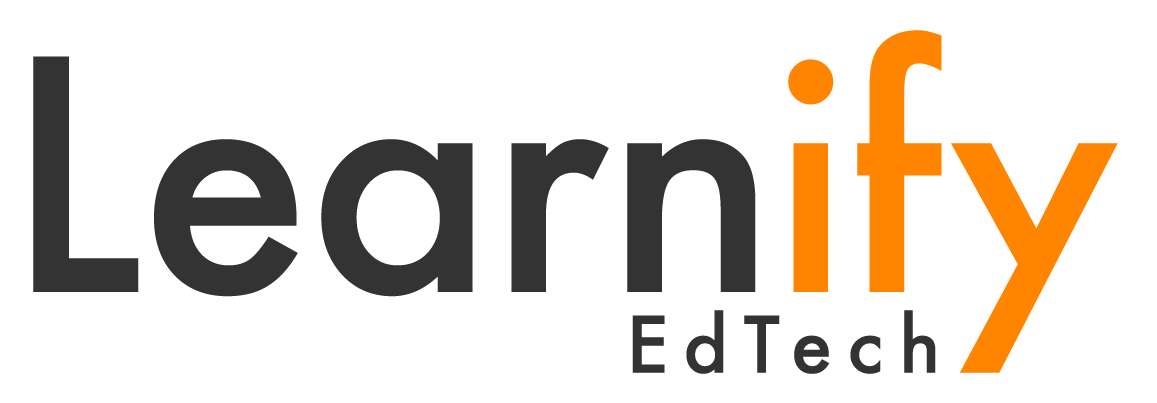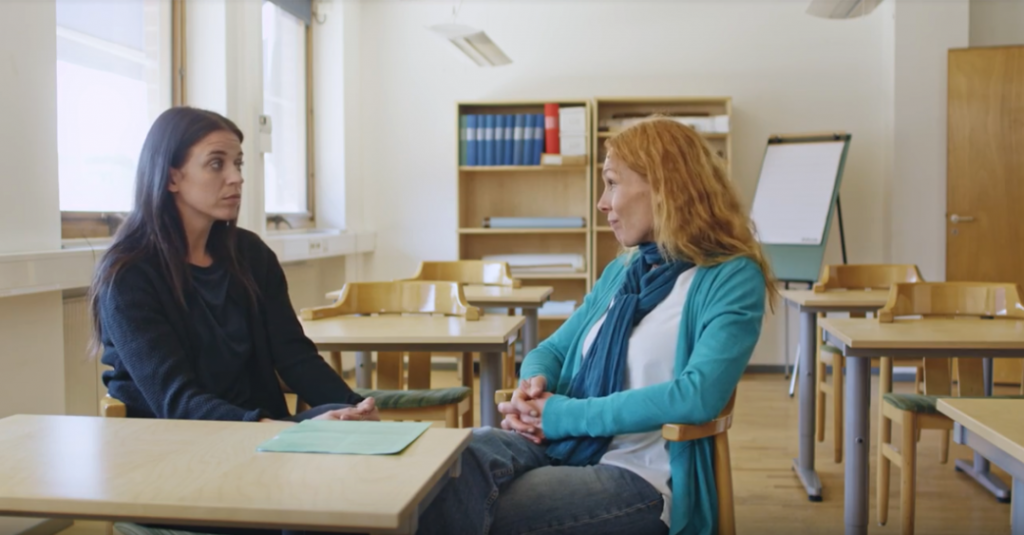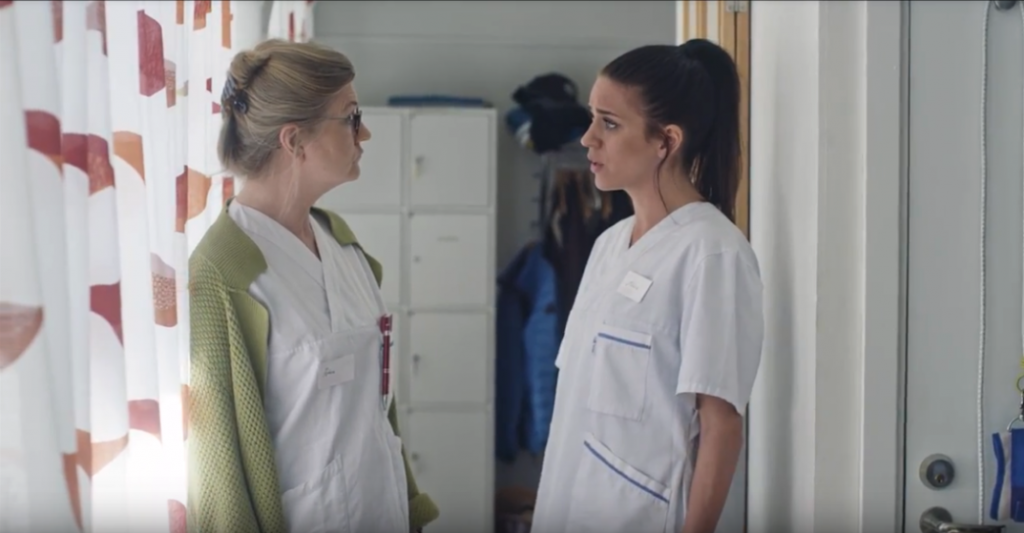In the spring of 2017, we collaborated with Skolverket to develop a basic education on validation – a process that involves evaluating and acknowledging what people have learned – no matter where, when and how this learning has taken place. Validation can be an effective and resource-efficient tool for utilising skills, and helping people faster in the labour market. The solution was a web-based education based on four real-life cases depicted in dramatised film.
In the specification we received from Skolverket, there was a long list of knowledge requirements that the education would help the participants to achieve. The subject of validation is broad and, for a beginner, it is a lot of information to take in to be able to get started. The practical part of the validation process also requires practice. We needed to find a solution that combines facts with relevant and simple exercises. In turn, these needed to capture the aspects of the content that the participants might need to train more on. In addition, we wanted the content to reflect how the reality could look.






